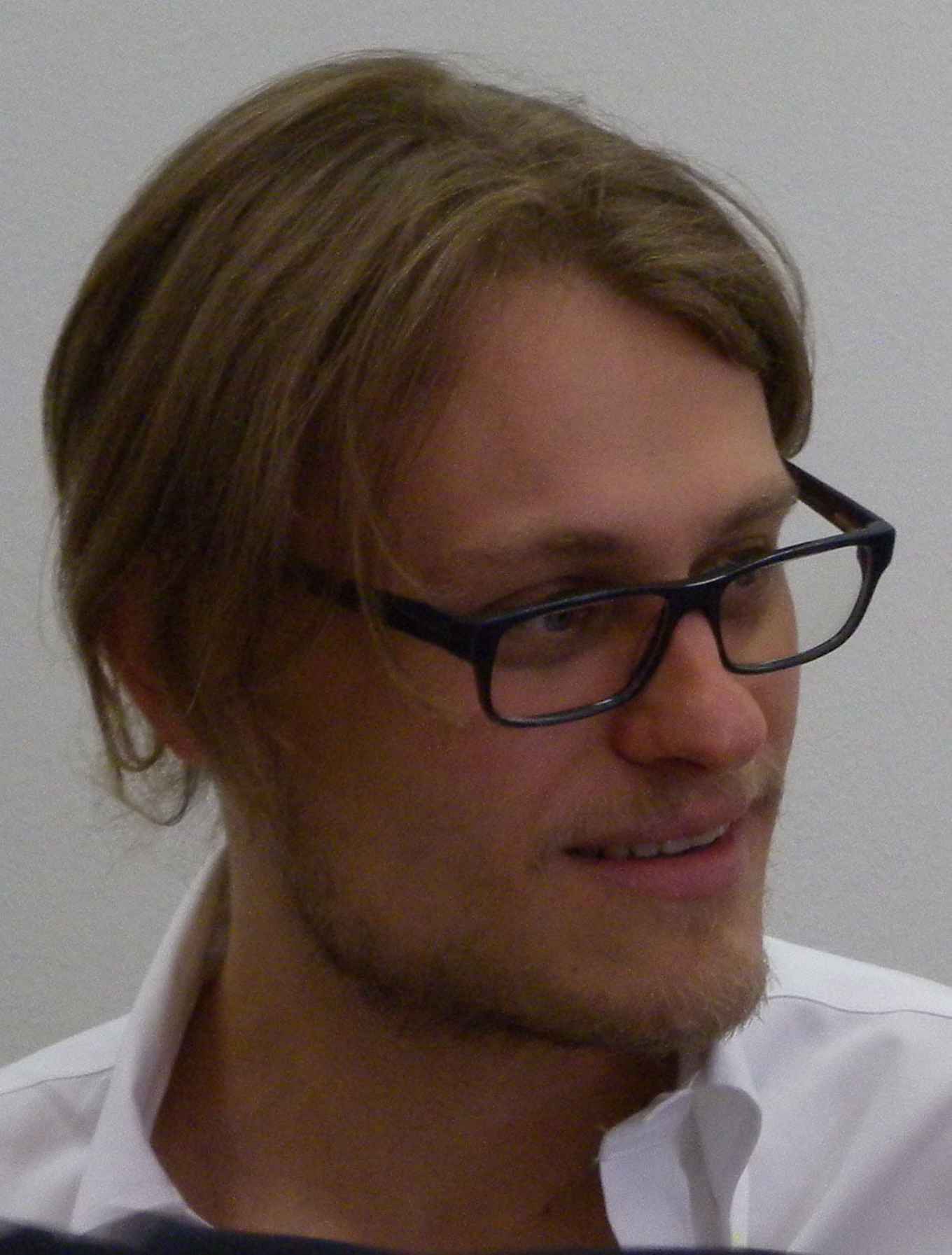Andrea Ravignani gets to lead a new Max Planck Research Group
26 November 2019

For his new Comparative Bioacoustics Group, Andrea chose the Max Planck Institute for Psycholinguistics in Nijmegen, The Netherlands. There, together with a team of PhD students and postdoctoral researchers, Andrea will tackle two fundamental questions: Why do we speak? Is the evolution of human speech linked to our musical, rhythmic abilities?
To address these questions, Andrea and his team will perform cross-species and cross-cultural work, complemented by computational modelling. By studying humans and seals, the team will try to find out what aspects of speech and musical rhythm are general enough to be present in all humans, but human-specific enough that even seals - the animals with speech-like capacities closest to us - do not have them.